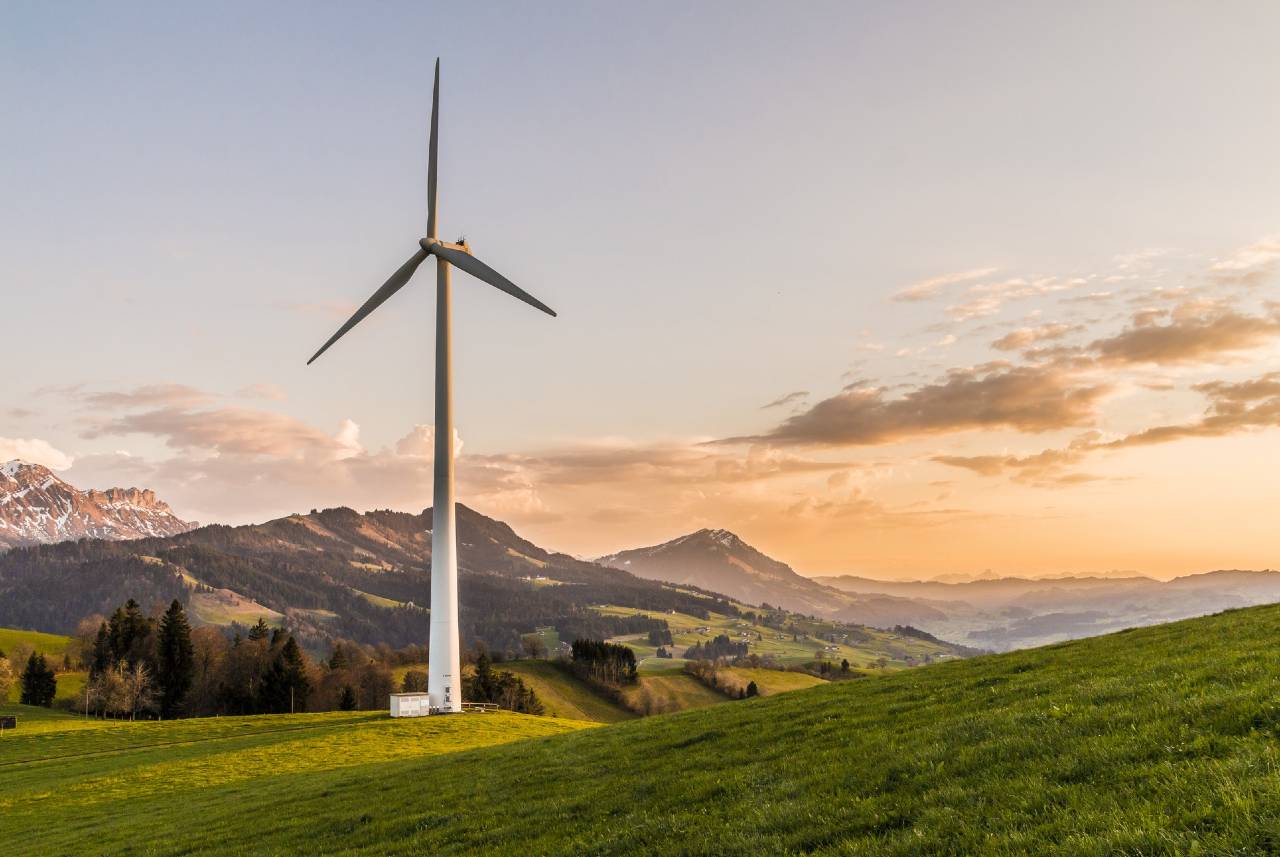
- By Content Coms
- In Thinking, Useful Stuff
The environmental trends taking place behind Covid-19
Coronavirus has rewritten the status quo, but environmental impacts continue apace. Here’s why we mustn’t forget what’s happening with the planet we inhabit.
Much will be written, in the coming months and years, on today’s crisis. Analyses on why the virus stopped us in our tracks, what we did wisely or poorly, or whether any preparation might ever have been enough.
At Content Coms, we are fully set on delivering communications and actions to support the national and global shift to low carbon.
And part of this means maintaining our focus, even through these times of astonishing hardship, on the progress towards environmental and hence human sustainability.
With this in mind, here is a snapshot of today’s environmental issues, while the virus understandably distracts our gaze.
CO2 down by nearly a tenth
Carbon Brief has reported that CO2 emissions are expected to fall by 8% this year as the coronavirus pandemic shuts down much of the global economy, according to the International Energy Agency (IEA).
Such a drop would be the largest ever recorded in terms of tonnes of CO2, some six times greater than the impact of the 2008 financial crisis.
What’s fascinating is this 8% cut is roughly equivalent to the annual emissions reductions needed to limit warming to less than 1.5C above pre-industrial temperatures. Precisely what we need to achieve to prevent another major global crisis; the impacts of climate change.
Let’s be candid; the IEA is clear that the expected decline in emissions due to a pandemic is, ‘Absolutely nothing to cheer,’ describing it as a ‘Macroeconomic shock that is unprecedented in peacetime.’
And further; oil demand is expected to drop by 9% across the year after a 29% drop in the month of April, while lockdowns have collapsed electricity demand.
A pandemic recovery, in which restrictions are gradually loosened over the course of the year, is expected to push low carbon electricity sources meanwhile to 40% of power generation in 2020.
Some might point to a major irony within all these metrics; that a global pandemic was what it took to put emissions on course to prevent global warming. Less argumentatively, perhaps as a global society we can fail to forget that, at least in one point in 2020, the world was on course to stop harmful climate change for the first time in many, many years.
Major global effort still required
Despite the remarkable findings on emissions, meteorologists say 2020 remains on course to be hottest year since records began.
Although the coronavirus lockdown has temporarily cleared the skies, it has done nothing to cool the climate, which needs deeper, longer-term measures, the scientists say.
The daily maximum UK temperature for April so far is 3.1C above average, with records set in Cornwall, Dyfed and Gwynedd.
Karsten Haustein, a climate scientist at the University of Oxford told The Guardian: “The emissions will go down this year, but the concentrations keep on rising.
“We are very unlikely to be able to notice any slowdown in the built-up of atmospheric GHG levels. But we have the unique chance now to reconsider our choices and use the corona crisis as a catalyst for more sustainable means of transport and energy production (via incentives, taxes, carbon prices etc).”
This was echoed by Grahame Madge, a climate spokesman for the Met Office, who told the broadsheet: “A reliance and trust in science to inform action from governments and society to solve a global emergency are exactly the measures needed to seed in plans to solve the next crisis facing mankind: climate change.”
What to make of it all…
“I struggle to analyse all this compartmentally,” comments Joanna Watchman, Founder and CEO, Content Coms. “From one perspective I can’t really grumble that the world is for the first time on track to prevent climate change.
“From another, I’m heartbroken that is has taken a global pandemic and untold suffering to put emissions on hold.”
This remarkable simulator models the effect Covid-19 is having on climate change. And users can simulate their own policy changes to model what impact they might have on the Earth’s future too.
Perhaps both the pandemic and climate change share some unexpected characteristics, and maybe today’s challenges can help inform those we will all face tomorrow.
“The pandemic is a reminder of just how wicked a problem climate change is, because it requires collective action, public understanding and buy-in, and decarbonising the energy mix while supporting economic growth and energy use around the world,” Jason Bordoff, a former U.S. National Security Council senior director and special assistant to President Barack Obama told CNBC.
Whilst we continue to struggle with the pandemic’s impacts, maybe we can shelve useful learning for the future too?

